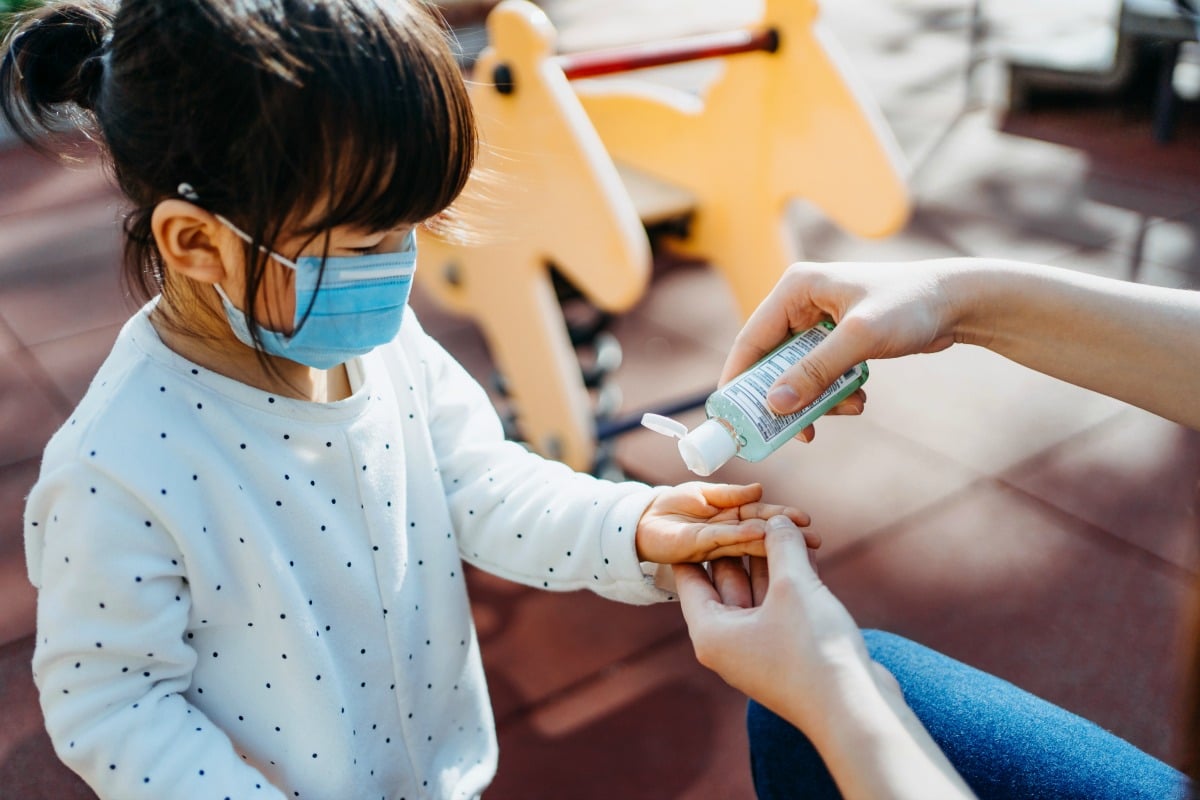
At the time of reporting, there are over 205,000 confirmed cases of the coronavirus, now officially known as COVID-19, worldwide.
In Australian alone, the number of confirmed cases has risen to over 450, while six people have died from the virus.
As cases of the virus continue to rise worldwide and new measures are introduced across Australia to prevent the spread of the pandemic, panic about not being able to access basics – like toilet paper – has continued to spread among Australian communities.
In fact, it’s becoming increasingly hard to find staples like toilet paper, paracetamol, rice, pasta, and even mince meat in supermarkets across the country.
At a time where an overwhelming amount of stories about stockpiling, death tolls, quarantine and strict travel bans have emerged, it’s no wonder some Australians are starting to panic.
Listen to The Quicky, Mamamia’s daily news podcast, to find out all the answers to your questions about coronavirus. Post continues below.
Hoping to separate fact from fiction, Mamamia‘s daily news podcast, The Quicky, spoke to infectious disease specialist Dr Sanjaya Sanananyaka from the Australian National University to answer all your questions about coronavirus.
From questions about whether stockpiling is really necessary, to a rundown on exactly how the virus spreads, here’s what he had to say:

Top Comments
Common cold season will be interesting this year.
as will be the number of hypocondria cases